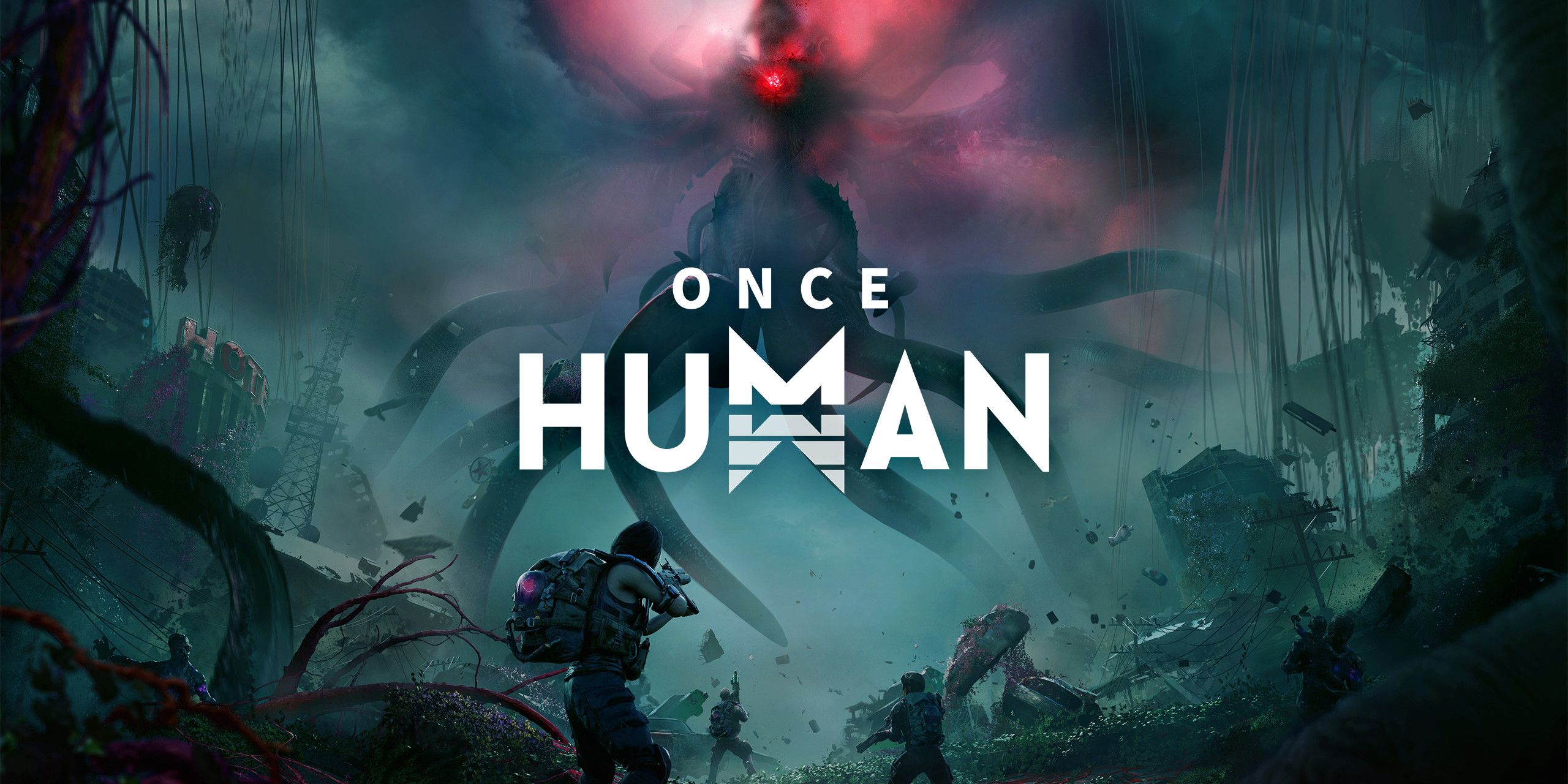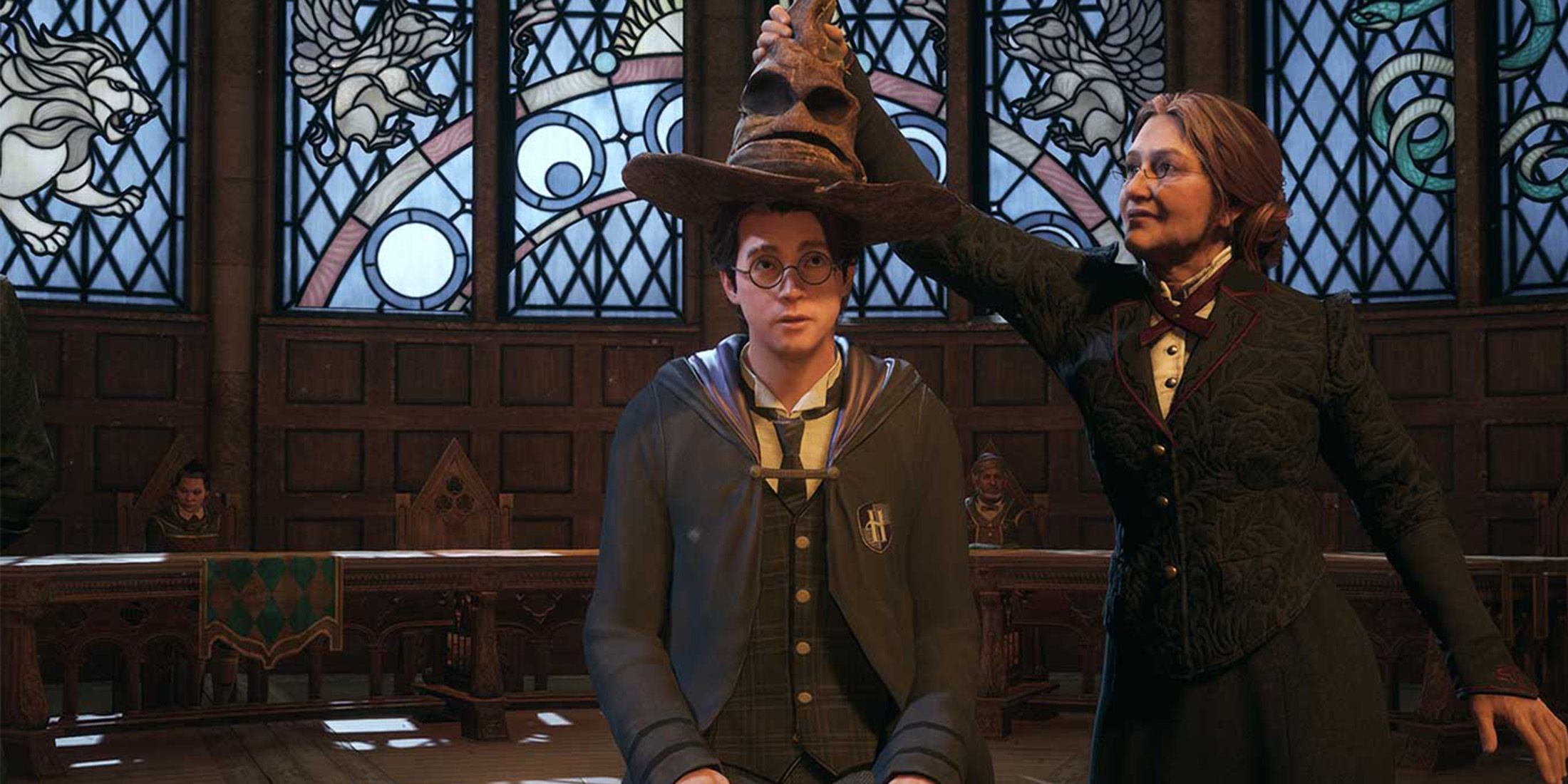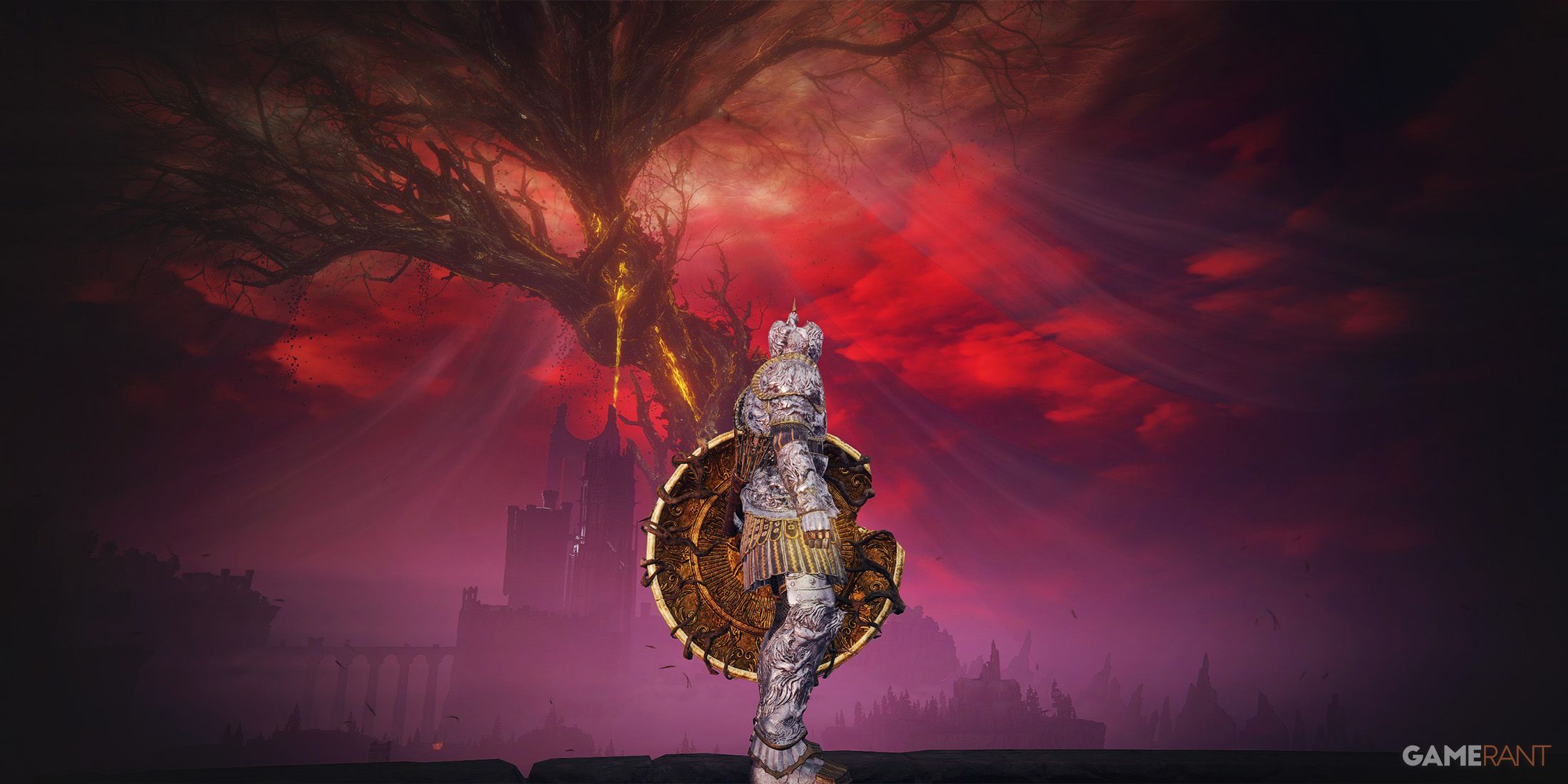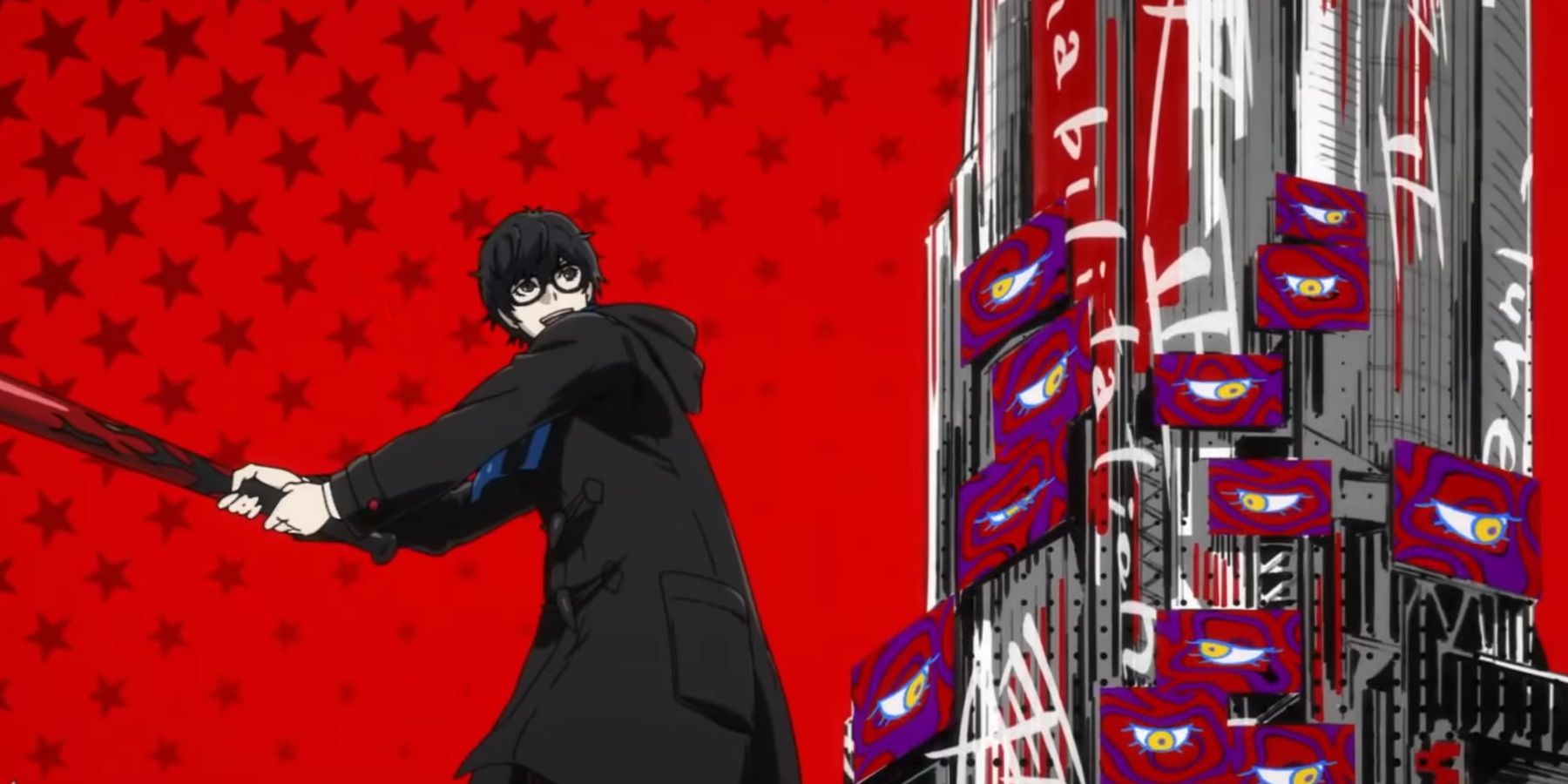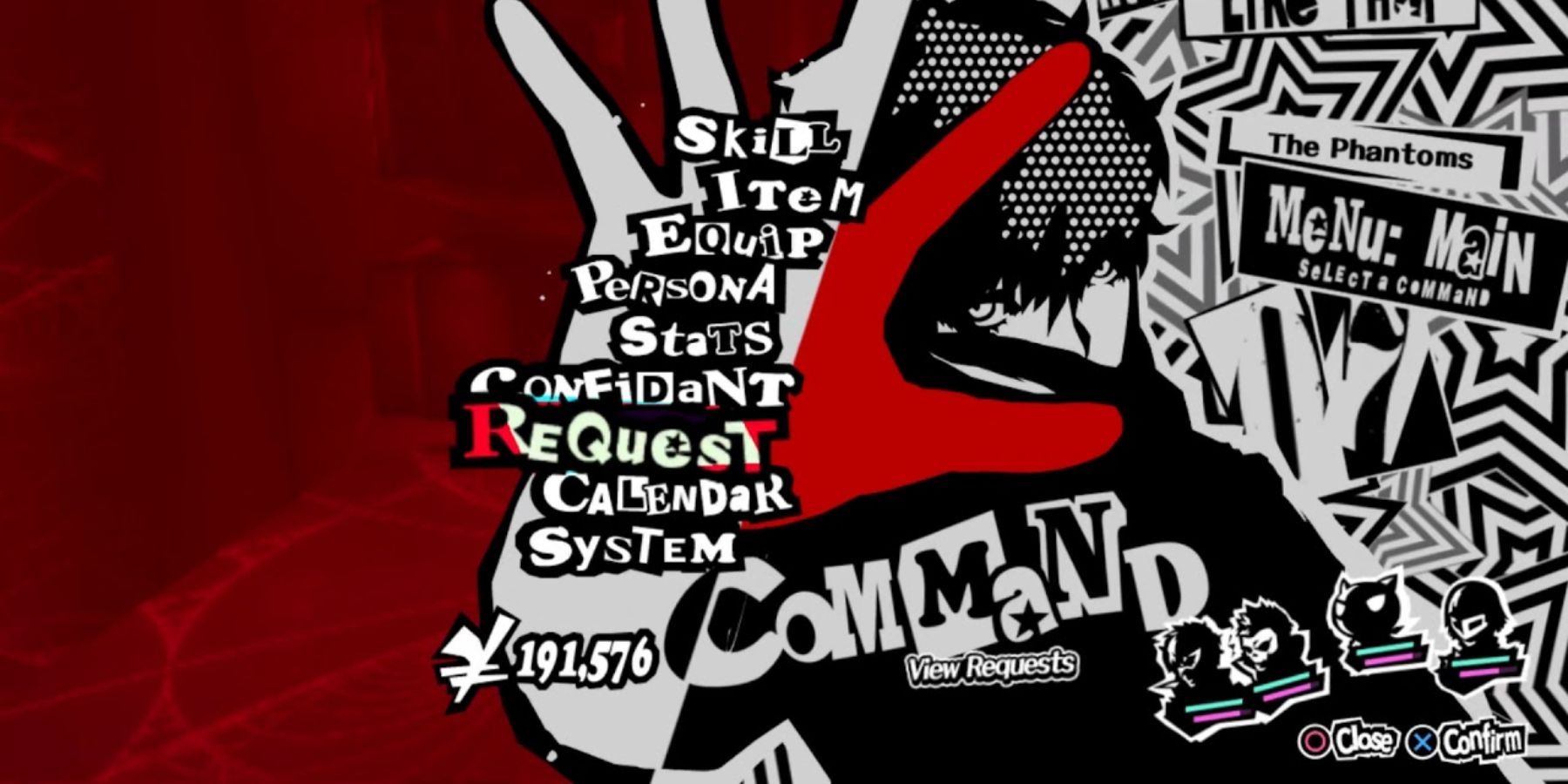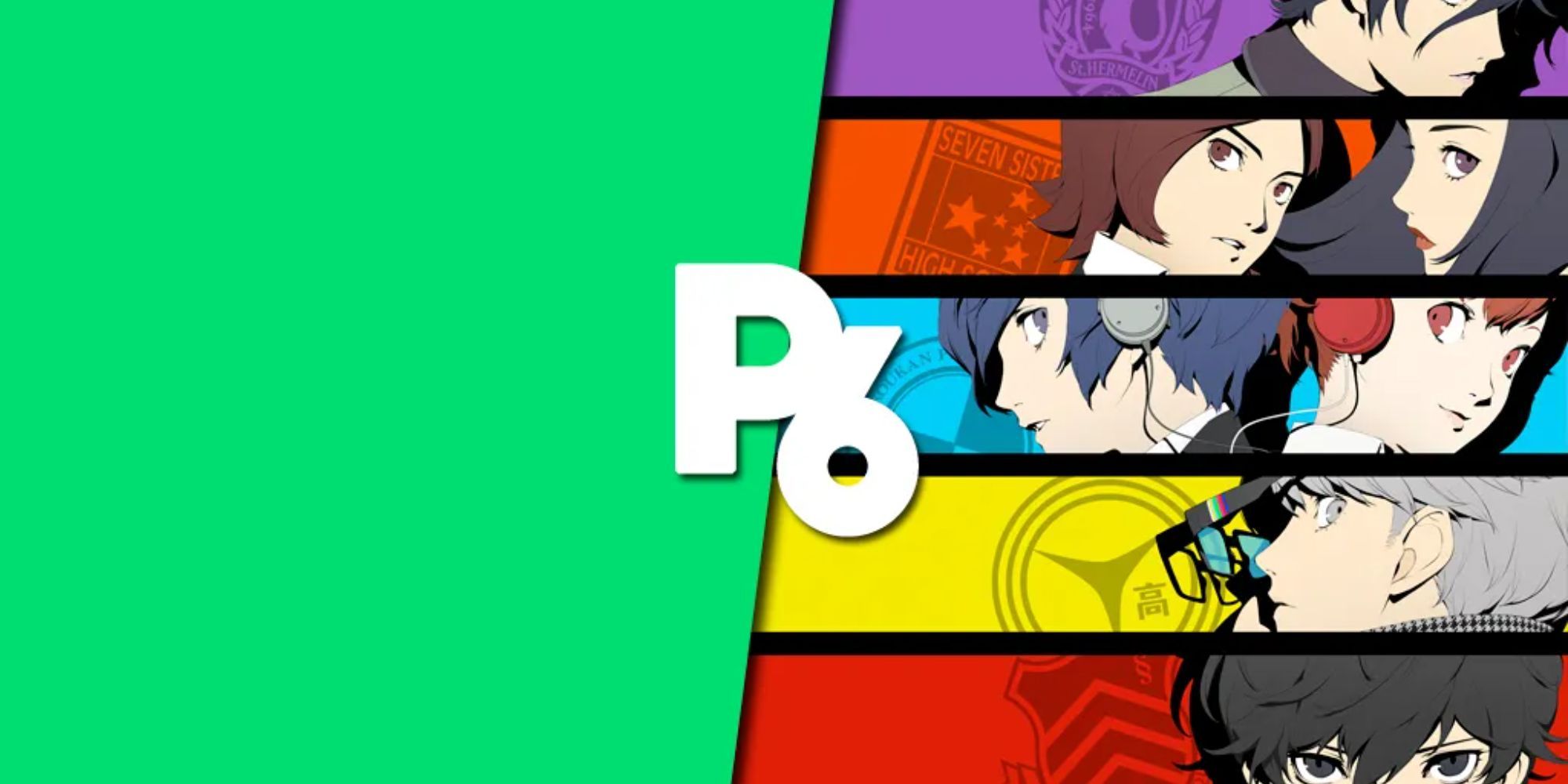Highlights
- Persona 6 needs to follow in the footsteps of Persona 5 by amping up the impact of its theming on every department of the game.
- The key to the Persona franchise's identity lies in its social simulation mechanics and dungeon crawling, which were intensified in Persona 5 .
- Persona 6 must find its own identity while maintaining the high stakes and cohesive aesthetic that made Persona 5 so appealing, relying on strong writing and dedication to its theme.
Persona 6, while unannounced, is one of the most highly anticipated JRPGs right now. The franchise has been around for over 20 years, but Persona 5 was the game that launched it into the mainstream. What was once a niche series became genre defining over the course of the game's release window, and seven years later, P5 is still setting the standard for turn based combat. Persona 5 and its enhanced re-release Persona 5 Royal launched the series to new heights because they amped up every element of the series formula. Persona 6 will need to do the same in order to surpass its predecessor.
The Persona franchise was always about normal people living normal lives suddenly being granted magical powers. Most of the series playable characters are high school students. While certain party members such as Persona 4's Rise Kujikawa have been public figures, they're rarely famous for their heroics. This mundanity is central to series' formula. The social simulation mechanics introduced in P3 are key to the series identity, and they work by pulling on slice of life anime tropes. Even when in dungeons, the characters were always presented as their normal selves visually. Persona 5, on the other hand, changed all of this.
Persona 5's Themes Are Baked Into The Fabric Of The Game
Persona 5 changed up the series' formula because of how it used its gentleman thief theme. The player's party make up the Phantom Thieves, a group of anonymous vigilantes mysteriously forcing notable public figures to come clean about their devious actions. The group is discussed on television and become public figures themselves; they even have superhero-esque costumes and code names along with a web forum for their fans. When compared to the small town antics of Persona 4,Persona 5 and its heroes are larger than life. While the anonymity of the characters preserved the high school social simulation part of the game, the characters' shared secret was a major catalyst for their bonding.
Persona 5's theme didn't stop with the story; the characters were given thieves' tools. Persona 5 Royal's grappling hook transformed the series approach to level design, and the characters' secret identities had unique aesthetics that reflected their personalities. Some of the fonts in menus are pulled directly from the in-game calling cards and the color scheme of these menus and text boxes match the protagonist's design. Persona 5 oozes style, and this style works because of the pervasiveness of the game's themes in all of its elements. The ramped up sense of flair and over-the-top character designs in dungeons heightened the difference between the games' quaint social simulation elements and RPG dungeon crawler sections, all while still feeling cohesive. This well-balanced contrast is a huge part of P5's appeal.
Persona 6 Must Find Its Own Identity
Persona 6's themes must be as central to the game's visuals, music and gameplay as they were in Persona 5, and the stakes must feel as high. Persona 4 is still excellent when compared to P5, even with its small town setting, but the series could not go back to it without maintaining the fifth game's amped-up aesthetics. The next title in the Persona series needs to strike the same balance that Persona 5 did while finding its own identity. While it could be difficult to make another game in the series where the characters are famous without it feeling contrived, Persona 6 can capture the magic of P5 with strong writing and dedication to a cohesive aesthetic.
Much more important than the scale the story is the pervasiveness of Persona 6's theme. Persona 5's stakes are slowly raised over the course of the game, and they aren't much higher than that of previous entries until dozens of hours into the experience. P5 had already won its audience over by then because of the excellent synergy between its themes and the aesthetics of the game. The success of Persona 6 will hinge on Atlus' ability to recreate this magic, and make a game that feels as spectacular as Persona 5.
Persona 6 is rumored to be in development.

